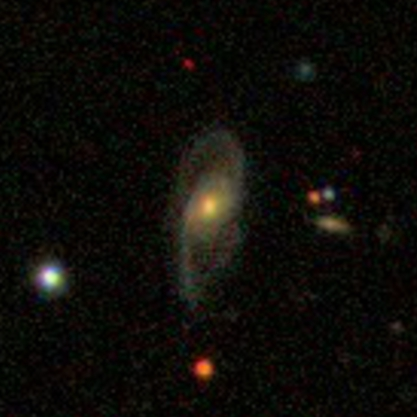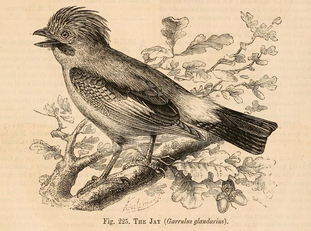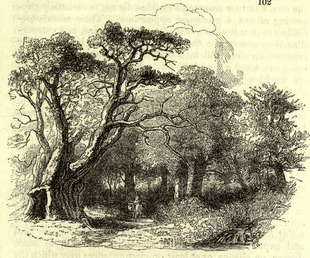-

-
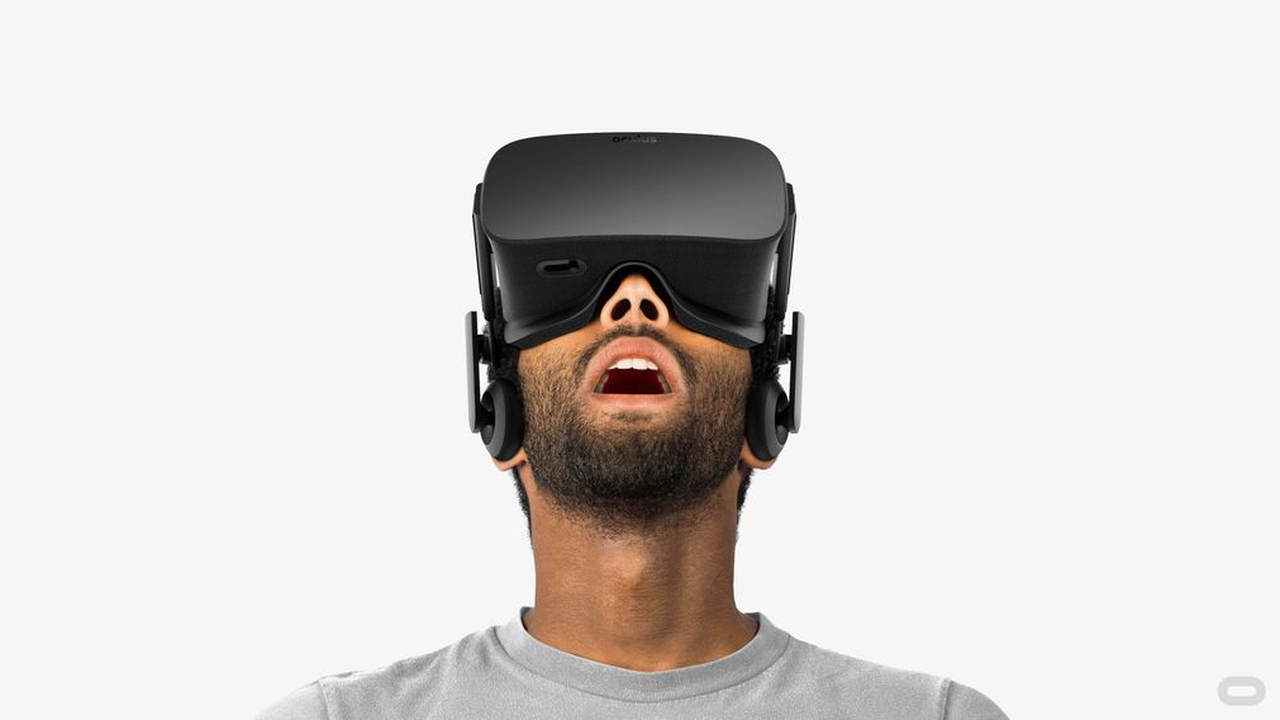
-

-

-

-
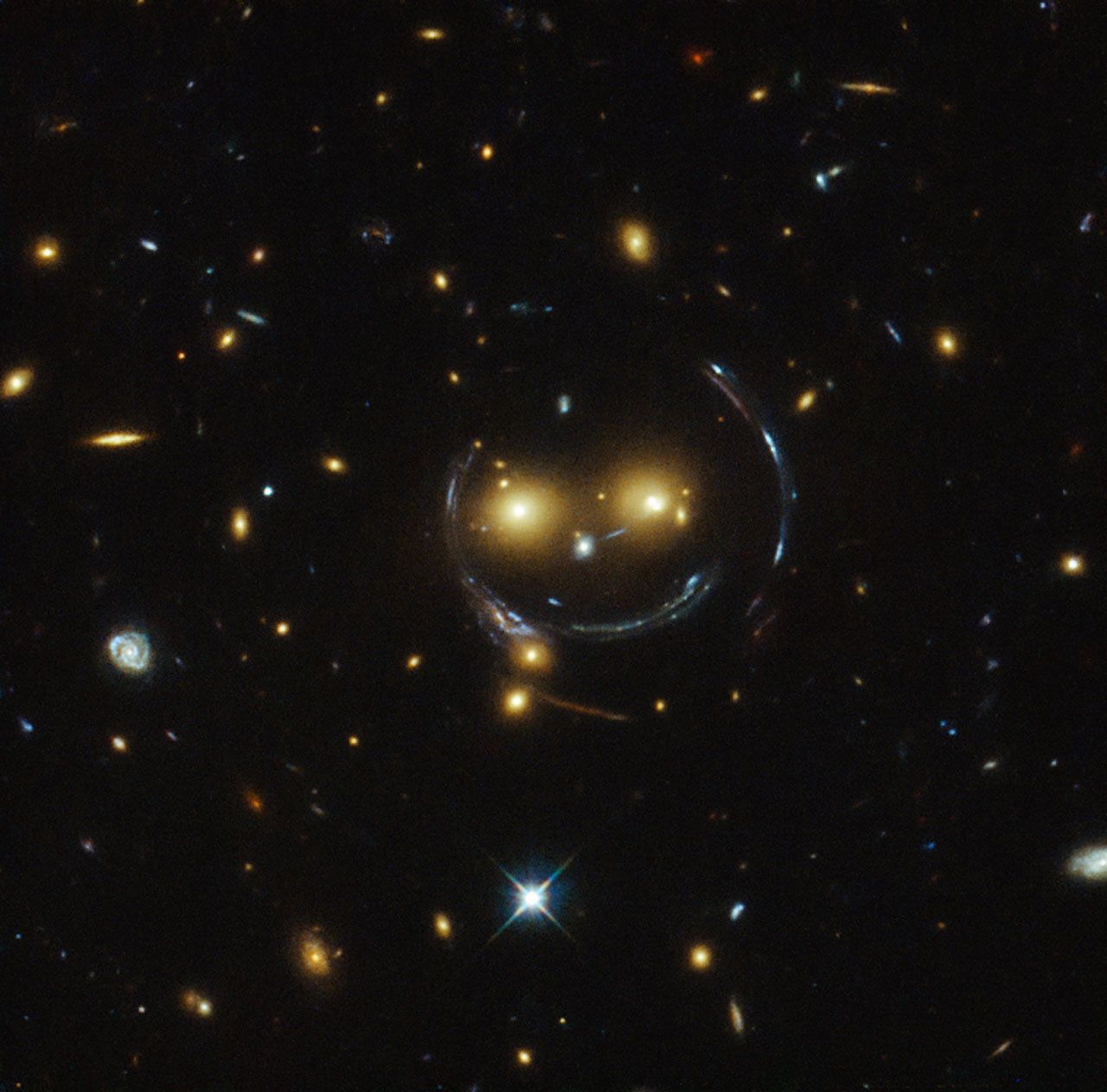
-

-

-

-

-
-
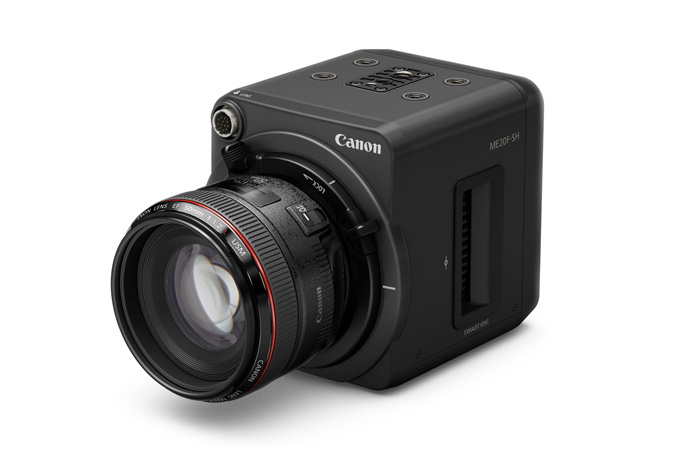
-
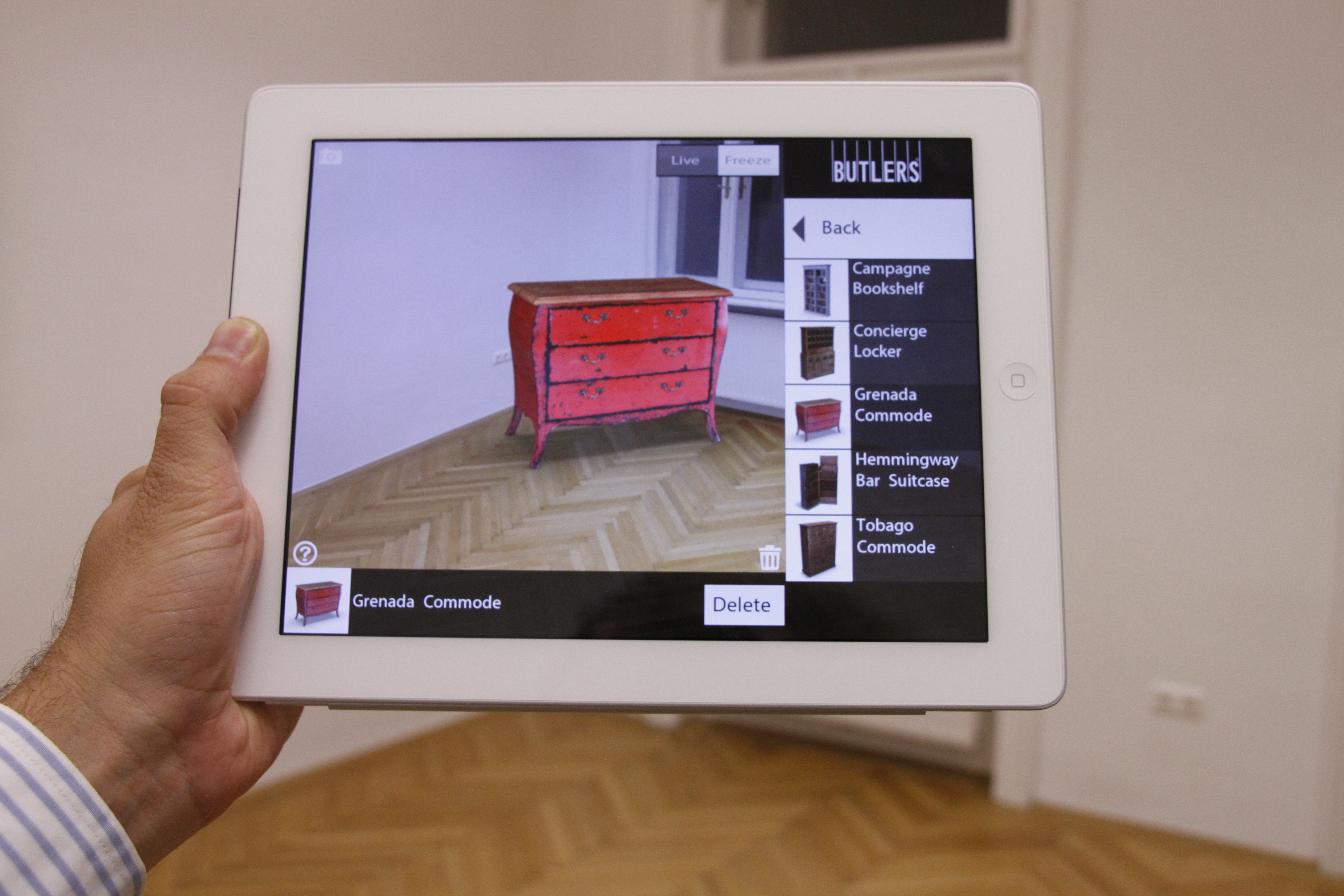
-

-
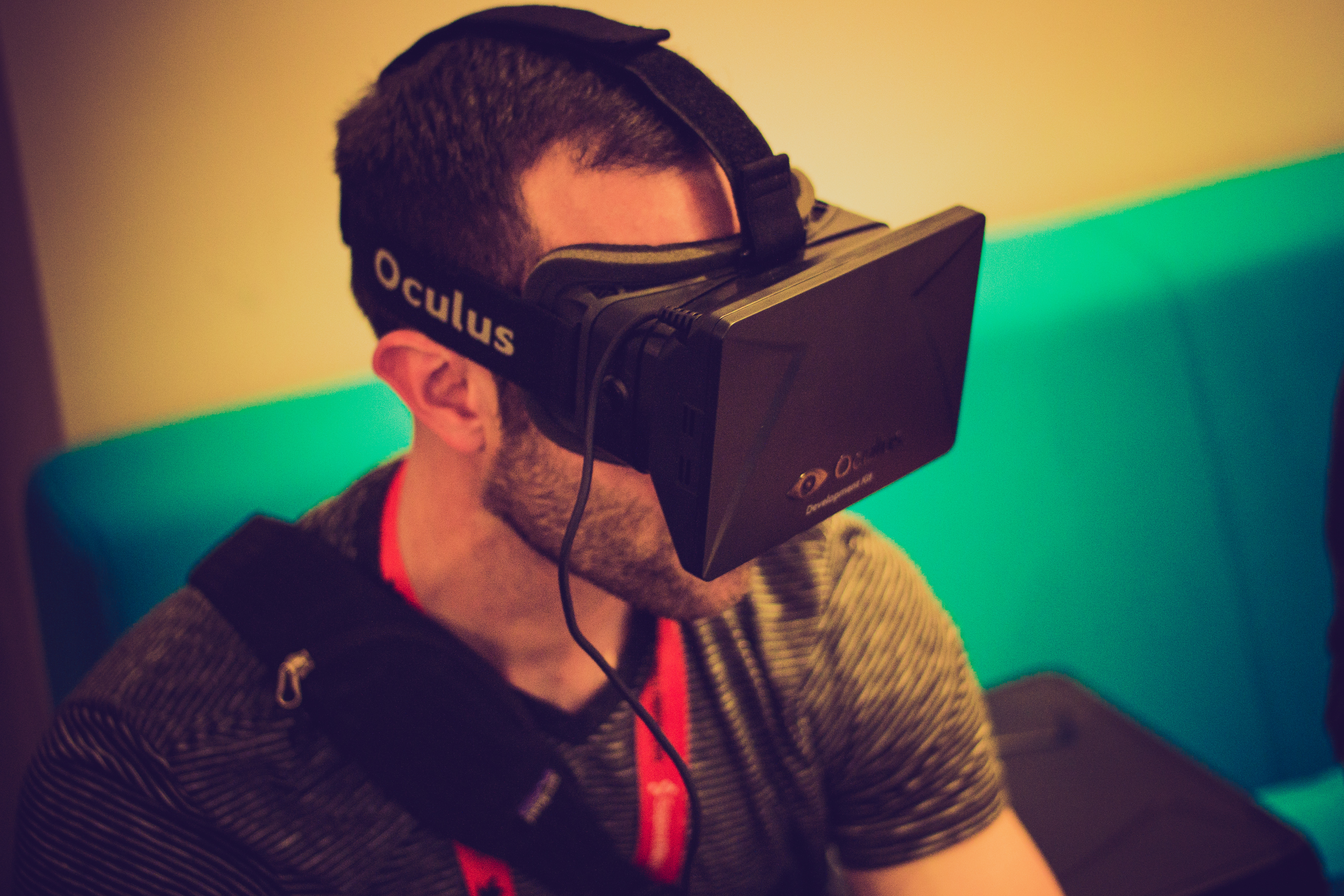
-
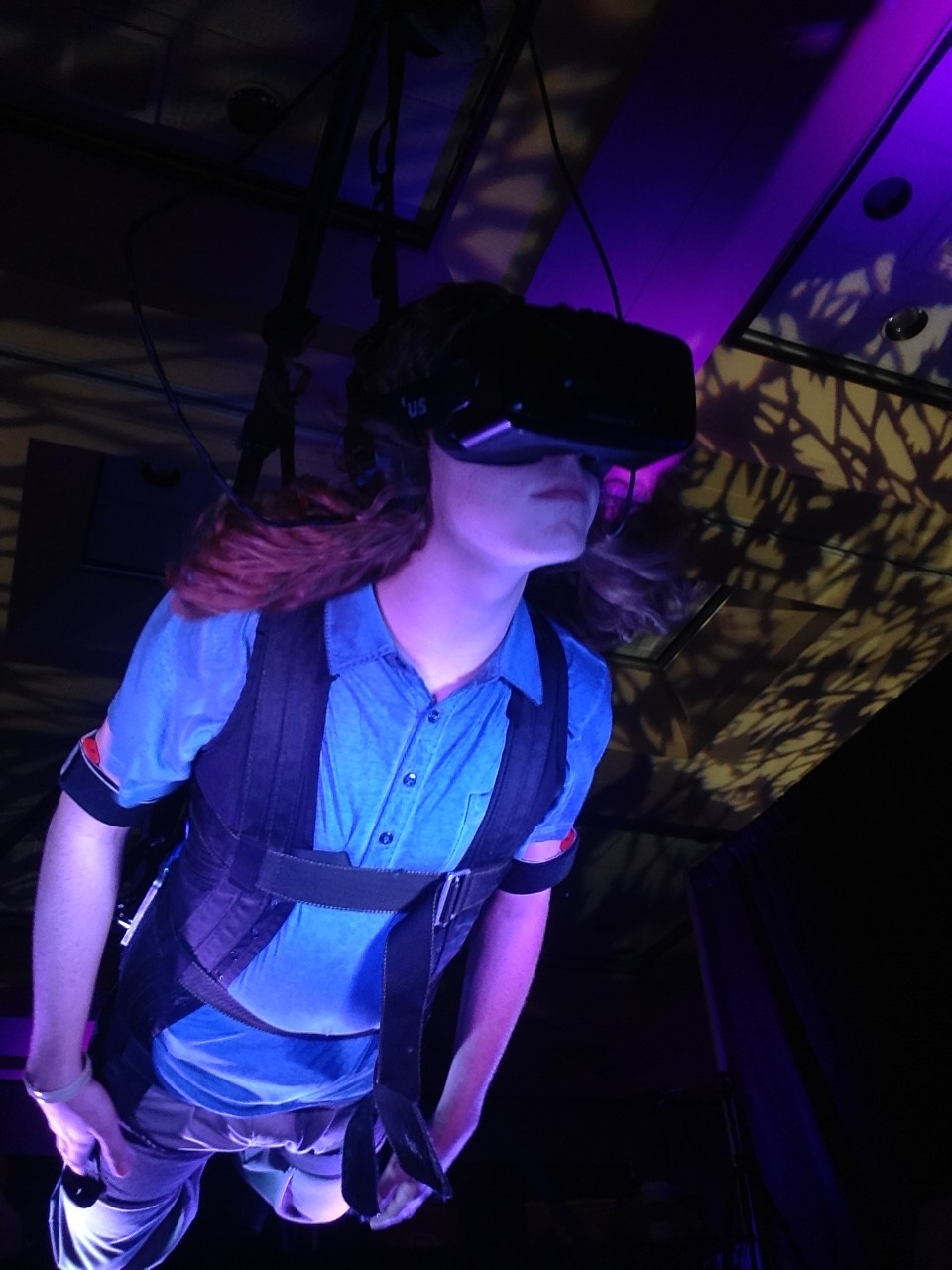
-
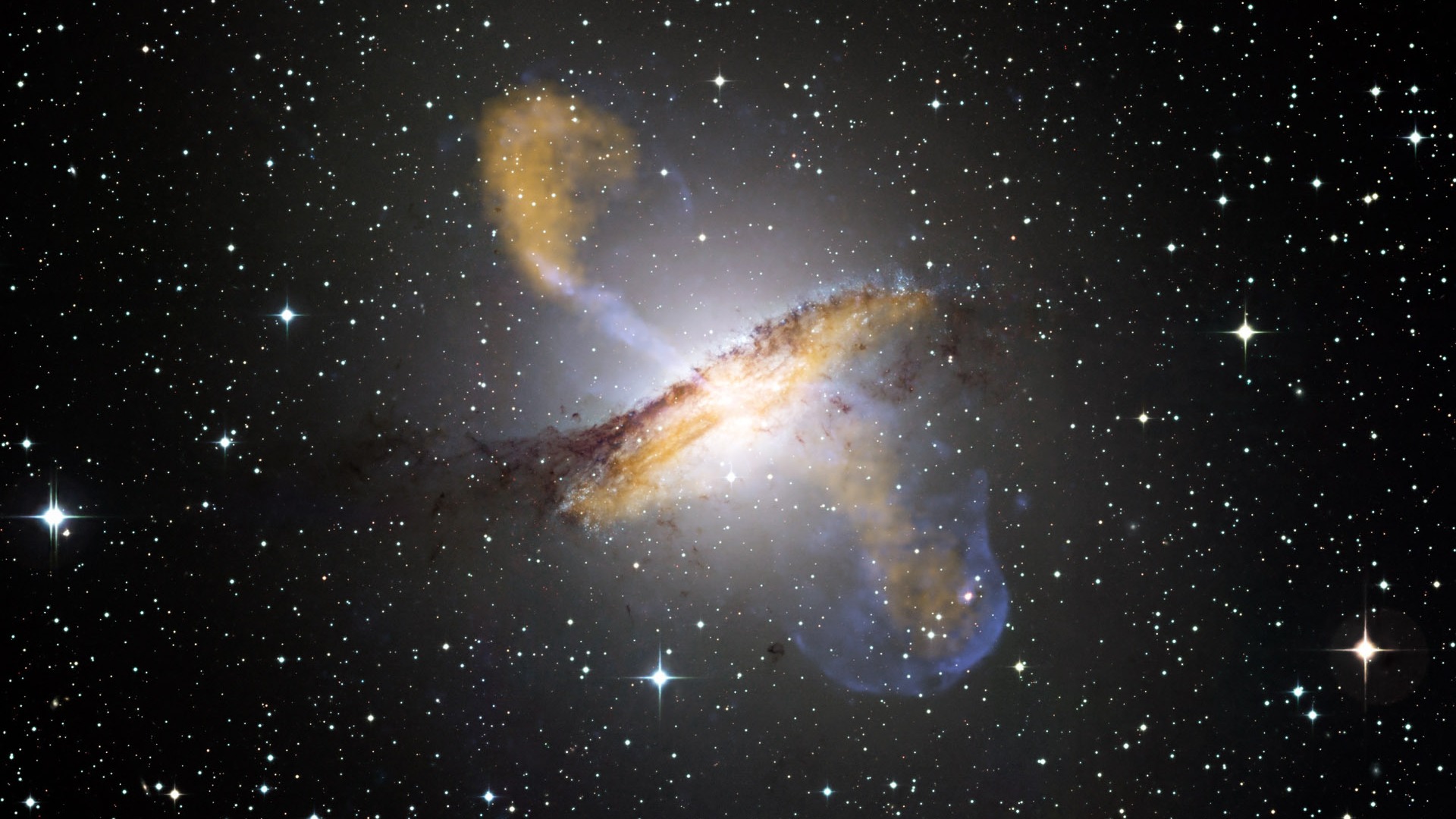
-

-

-

-

-
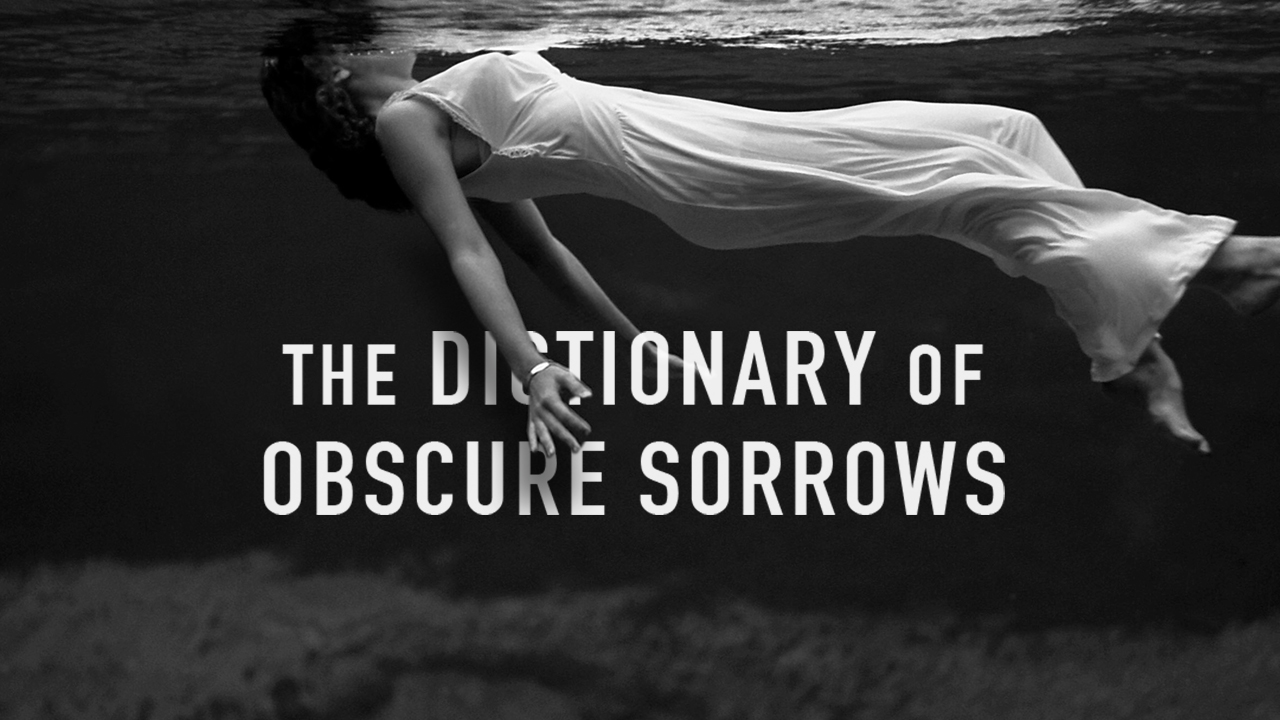
-

-
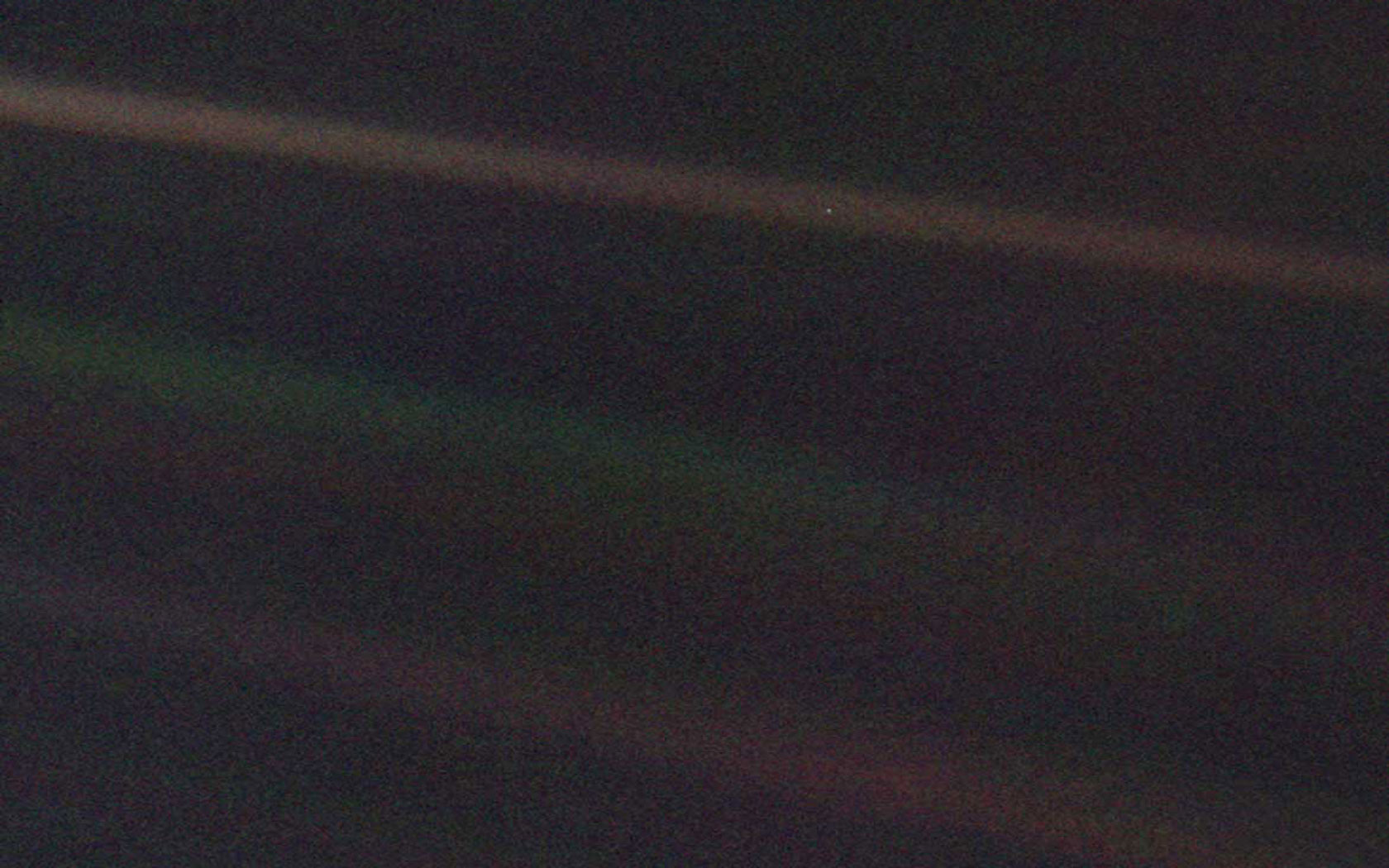
-

-

-
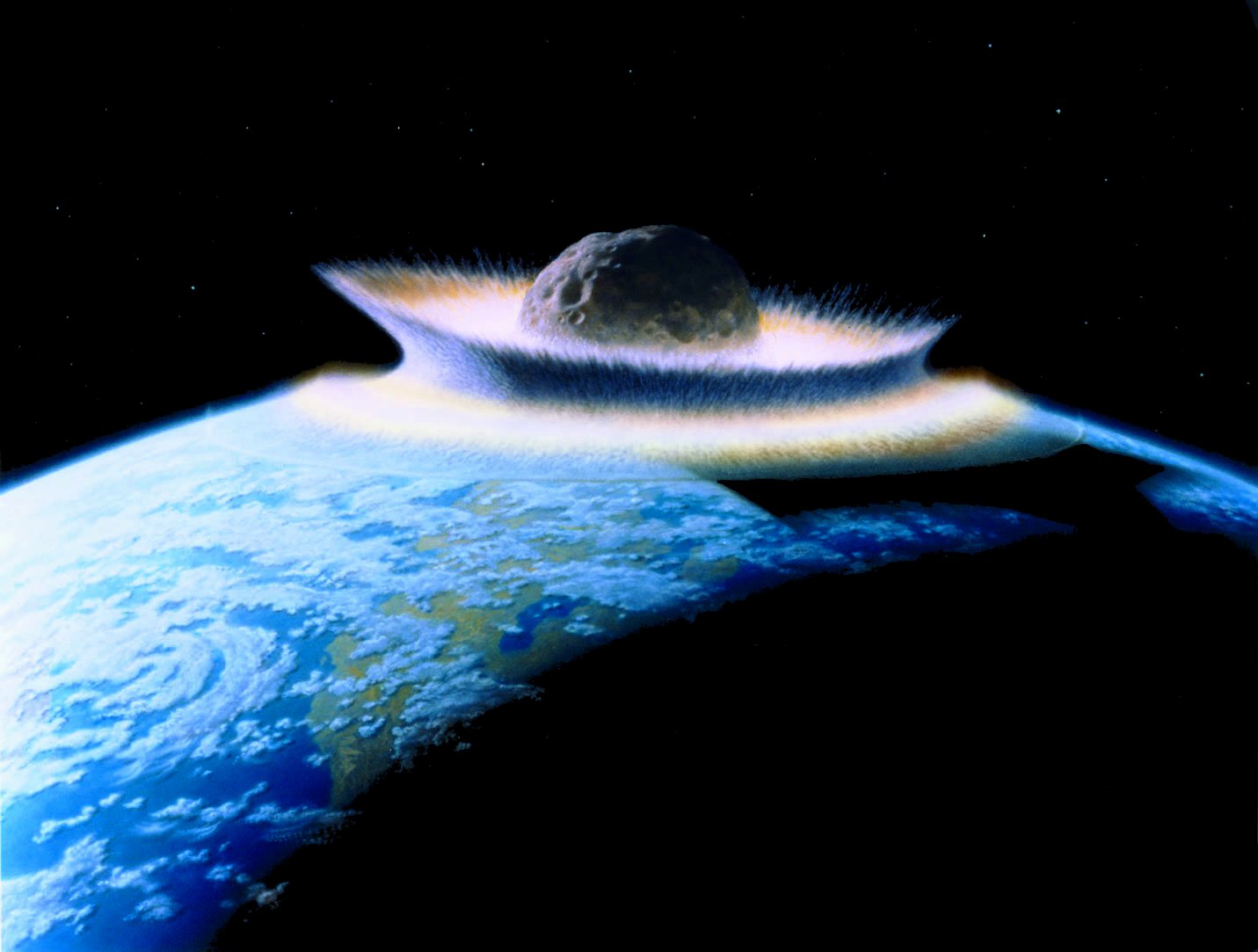
-

-

-

-

-
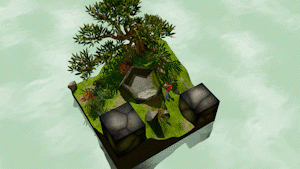
-

-

-
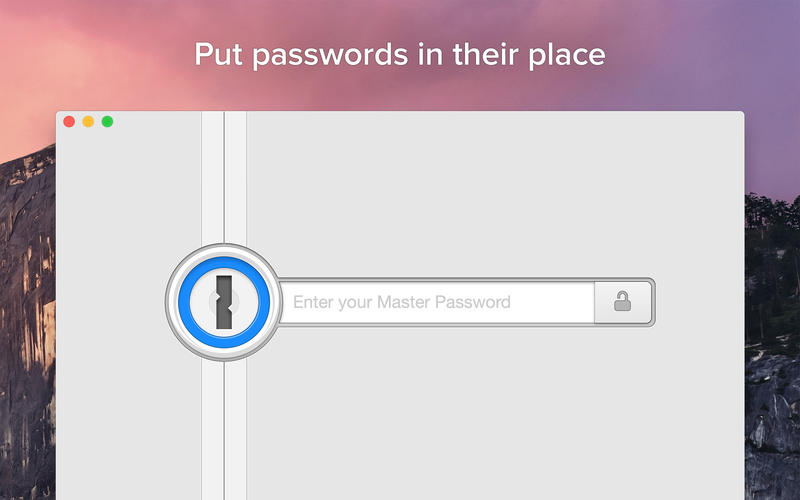
-

-

-

-

-

-
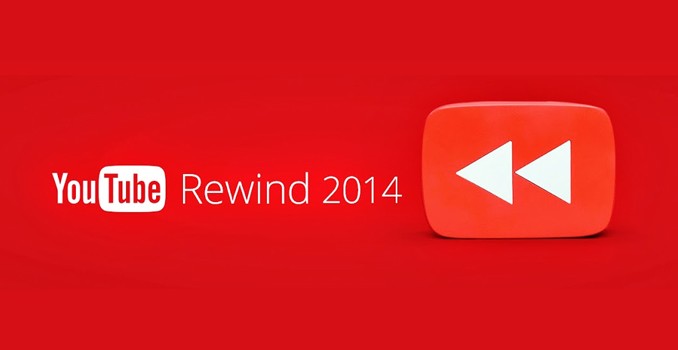
-
-

-
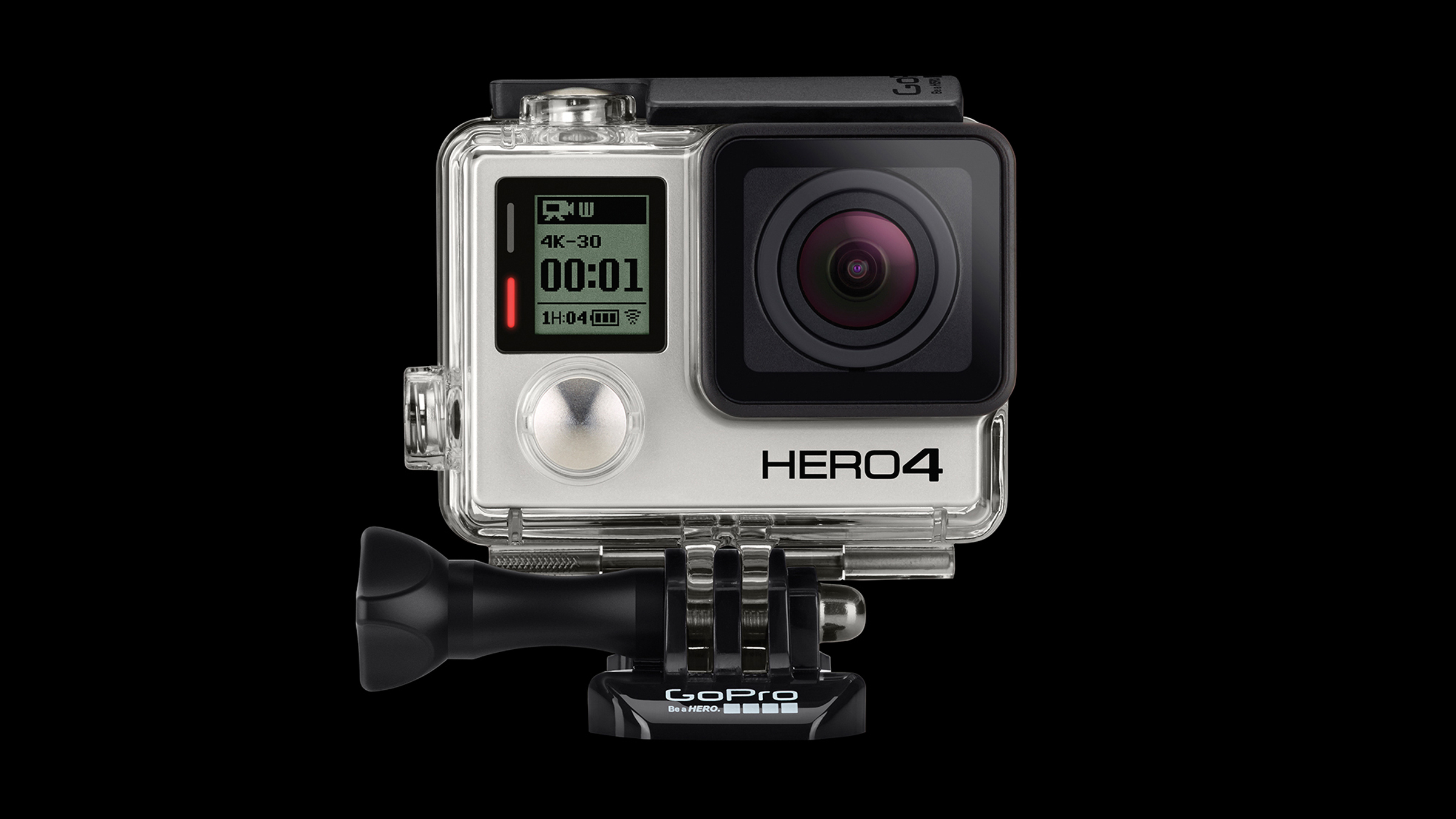
-
 TOTW: Google's Project Ara Modular Phone May Be The Future Of SmartphonesOctober 30, 2014
TOTW: Google's Project Ara Modular Phone May Be The Future Of SmartphonesOctober 30, 2014 -

-

-

-
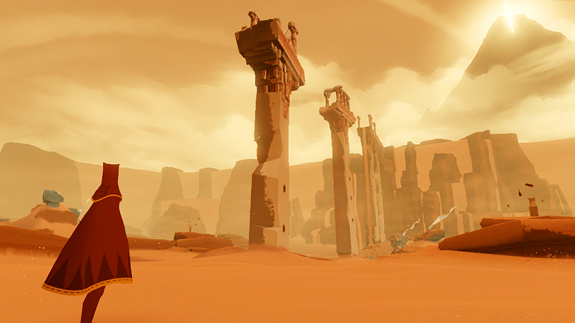
-
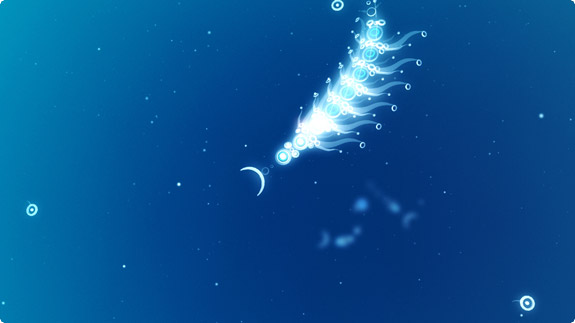
-
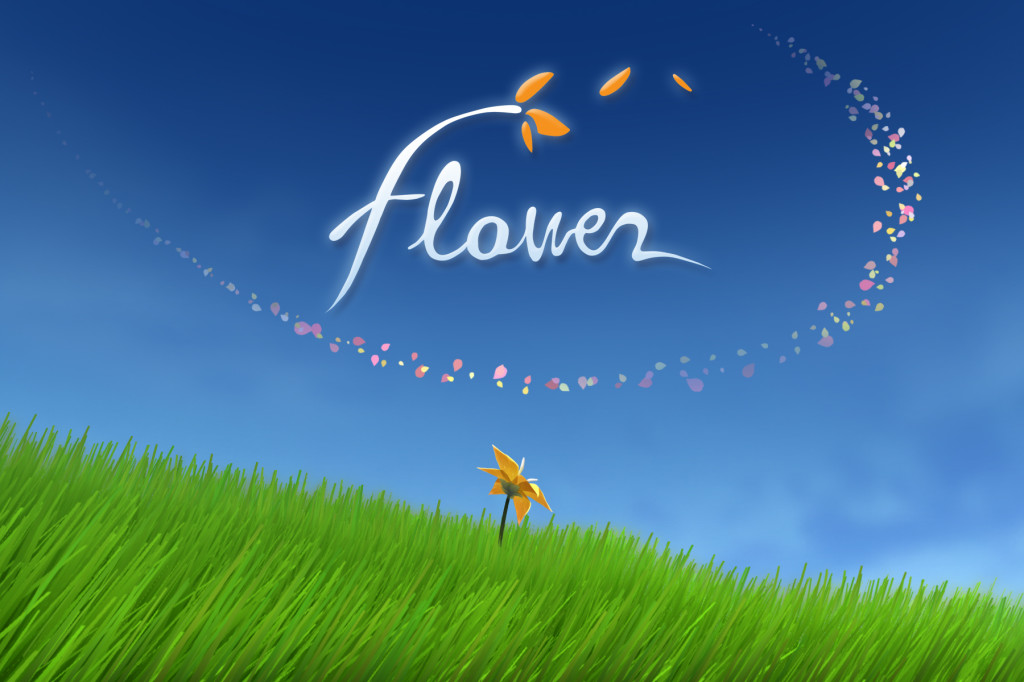
-
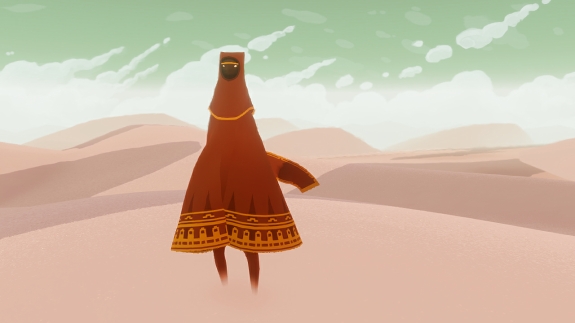
-
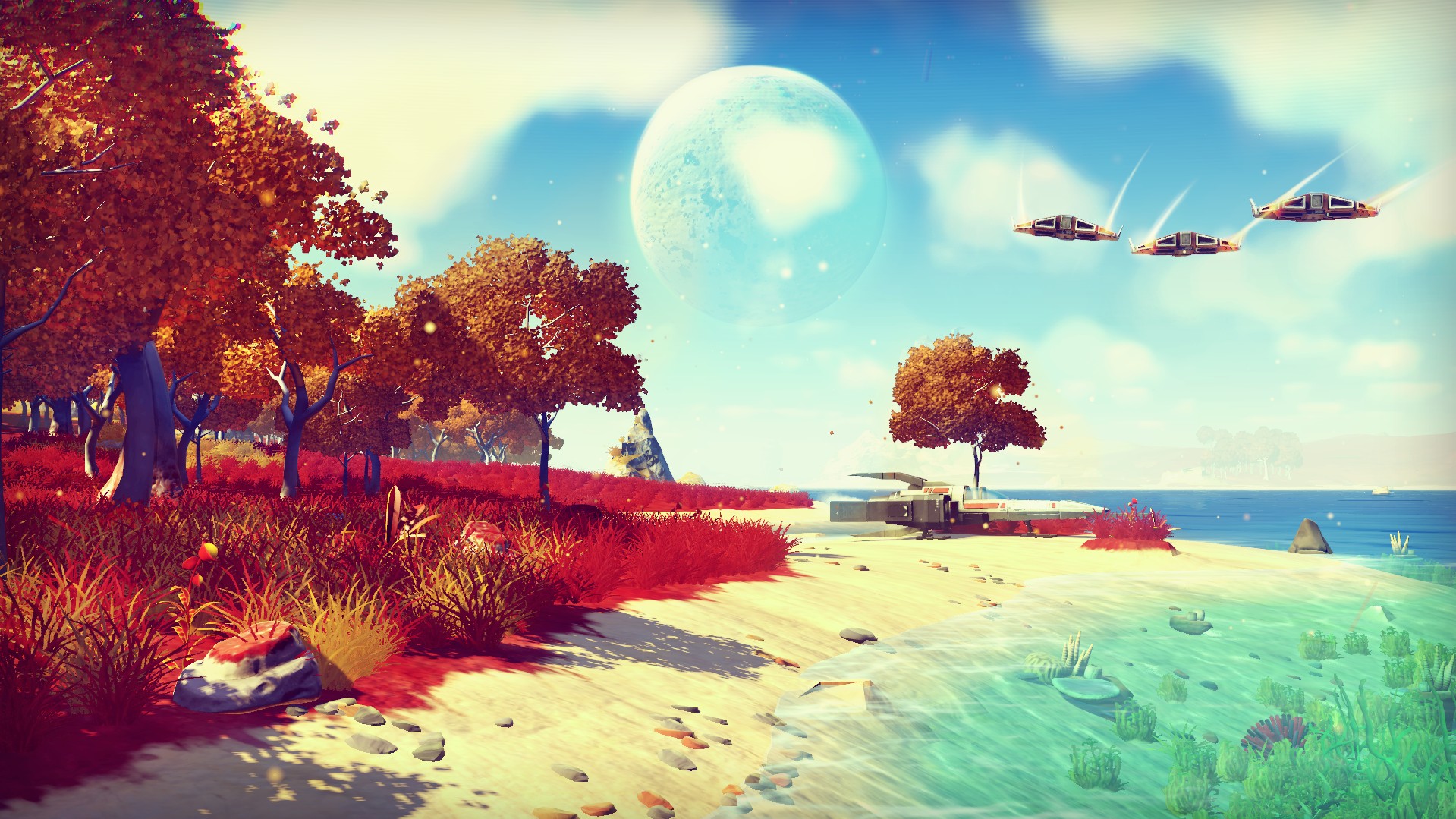
-

-

-

-

-

-
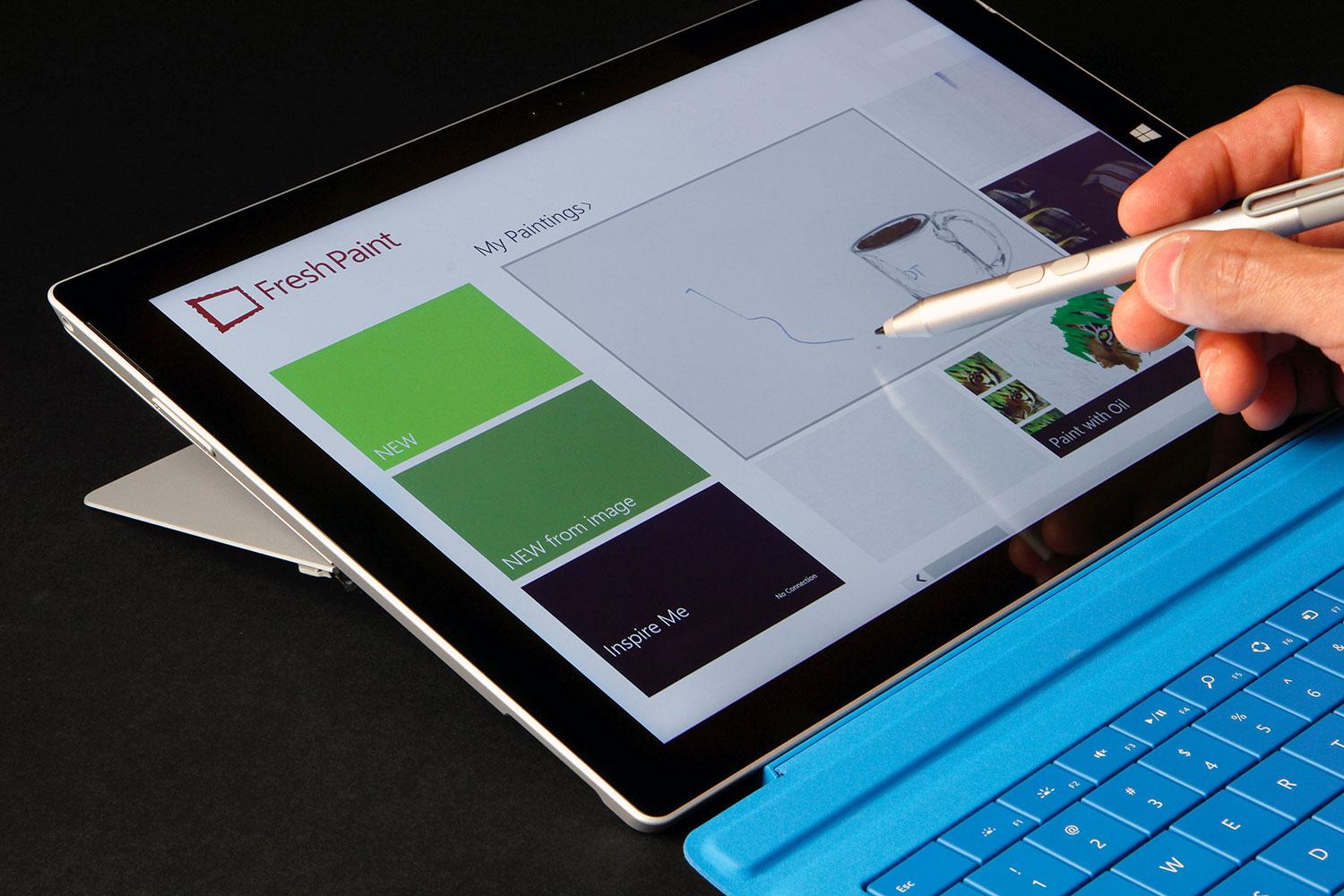
-
-
-
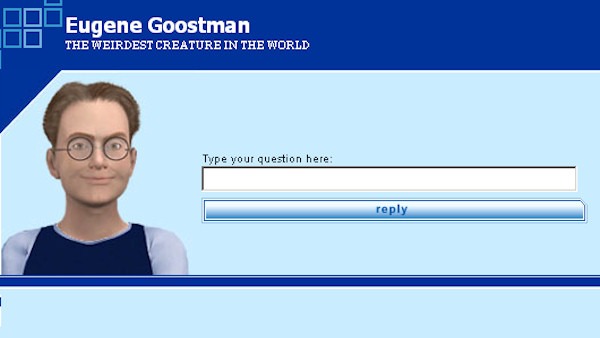
-

-

-

-
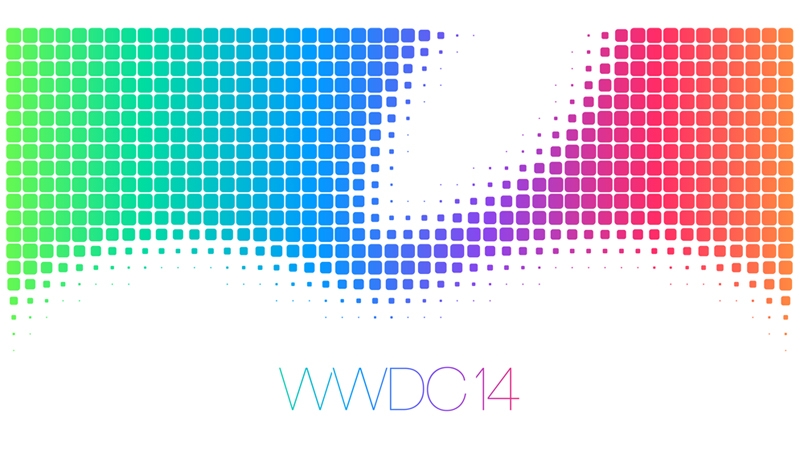
-
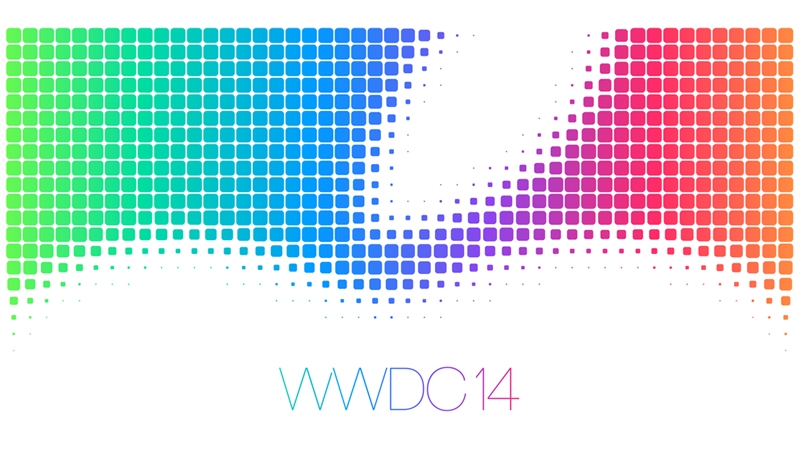
-

-
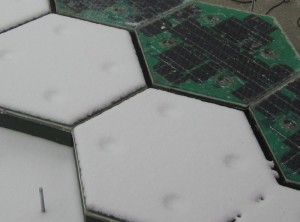
-

Posts tagged citizen science
Participate In Scientific Data Collection With Zooniverse
010 years
Analyzing and playing with your data might just be the best part about being a scientist. Once the equipment is set up, and your instrument is ready, the data start streaming in. Whether it’s in the form of pictures, light readings, or a thousand other variables, it’s always exciting to look at the raw material that might help you make a discovery. Unfortunately, this process of combing and sorting through data is often conducted privately. We hear about the discoveries made and the techniques used, but very little about the actual process of examining data and finding the anomaly.
This is where the online project Zooniverse comes in. Zooniverse is a citizen science project, aimed at educating and involving the public in scientific projects. Made available through Zooniverse’s well-designed websites, such as Planet Hunters, Galaxy Zoo, Snapshot Serengeti, Science Gossip and more, Zooniverse allows you to participate in analyzing data from a plethora of different sources, in many different fields such as Physics, Astronomy, Humanities and more. All the websites are share a similar design: you are given an image or set of data on the left-hand side of the screen, and on the right you have a panel to describe that image. After analyzing the image, you can sort it into categories, starting with whether or not the image or data has what the project is looking for. (i.e., an animal in the picture, a transit in the data) Once you have cleared that preliminary hurdle, you can then categorize the data more granularly, further helping the scientists collecting the data reach their goal and make a discovery.
For instance, Galaxy Zoo, a website under Zooniverse’s network, allows you to inspect recent pictures taken from the Sloan Digital Sky Survey, a big astronomical project that is taking pictures of the seemingly black sky and showing that there are actually billions of galaxies hiding there. Using these images of the galaxies, you can categorize them into groups such as spiral, elliptical, merger, and irregular. Not only is this a great way to help scientists test their theories on the commonality of certain types of galaxies, but it’s a great way for the general public to learn astronomy interactively.
Another of Zooniverse’s sites is Science Gossip, a program aimed at documenting and transcribing old field notes and papers from science journals from the1800s to 1900s. On this site, you can flip through pages of old publications such as The Intellectual Observer, The Quarterly Journal Of The Geological Society Of London, The Wiltshire Archeological and Natural History Magazine, and more. If a page has an illustration, table, or chart, you can highlight it, type the caption, and even comment about it on Zooniverse’s built-in social platform. It’s amazing to see the incredible variety of sketches and drawings that are in these journals, as they can range from depiction of dinosaur skeletons, to shells, to geological landscapes.
Overall, Zooniverse is a great way to not only educate the public but also help researchers complete their data collection and categorization in a more precise and timely manner. Often humans are better than computers at categorizing photos and data according to patterns and what’s actually in the photo, so having to public pitch in to help categorize the photos is a great way to get the job done. Plus, I don’t know about you, but I had a blast categorizing far away galaxies and picking out animals from African camera-traps. I definitely recommend you go to Zooniverse and create an account, as even if categorizing galaxies doesn’t fit your tastes, they have a bunch of other projects, such as the ones below:
Galaxy Zoo – Classify galaxy images
Higgs Hunter – Analyze Large Hadron Collider data
Planet Hunters – Analyze Kepler data
Penguin Watch – Categorize penguin camera-trap images
Ancient Lives – Transcribe ancient writing
Chicago Wildlife Watch – Categorize Chicago wildlife camera-trap images
Snapshot Serengeti – Categorize Serengeti camera-trap images
Cell Slider – Analyze Cancer Cells
and more, which you can find on the Zooniverse website! Enjoy!

